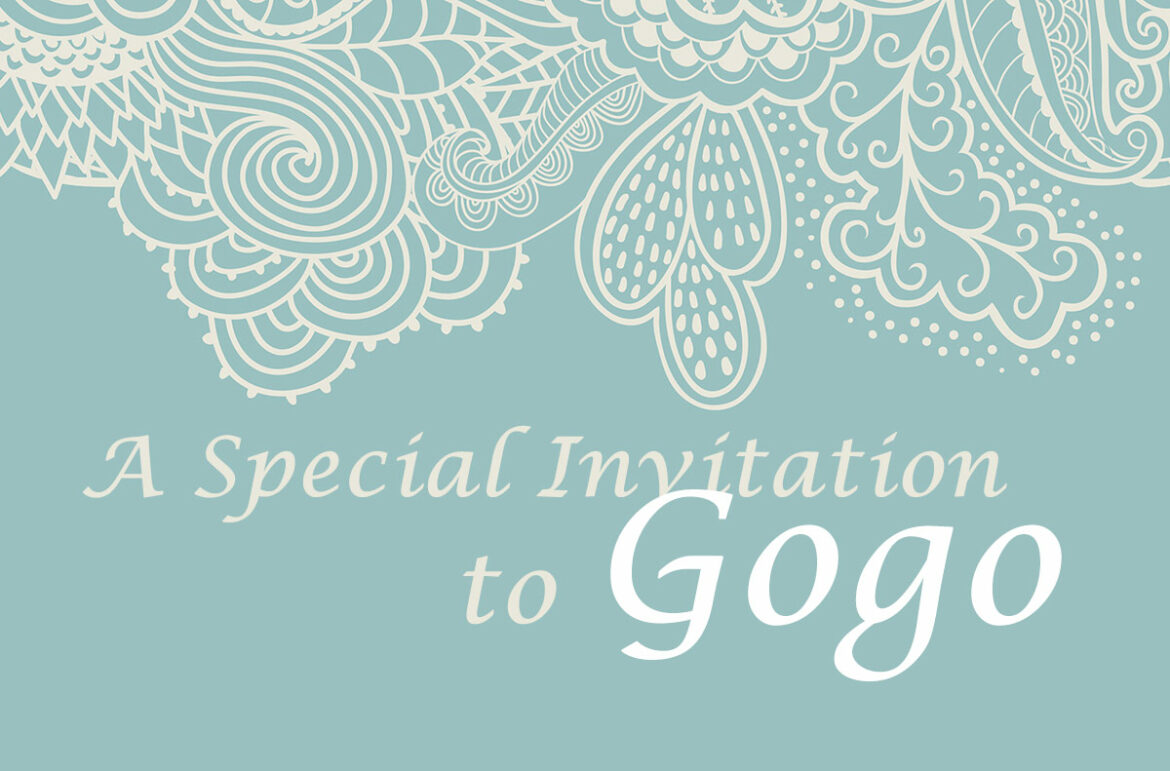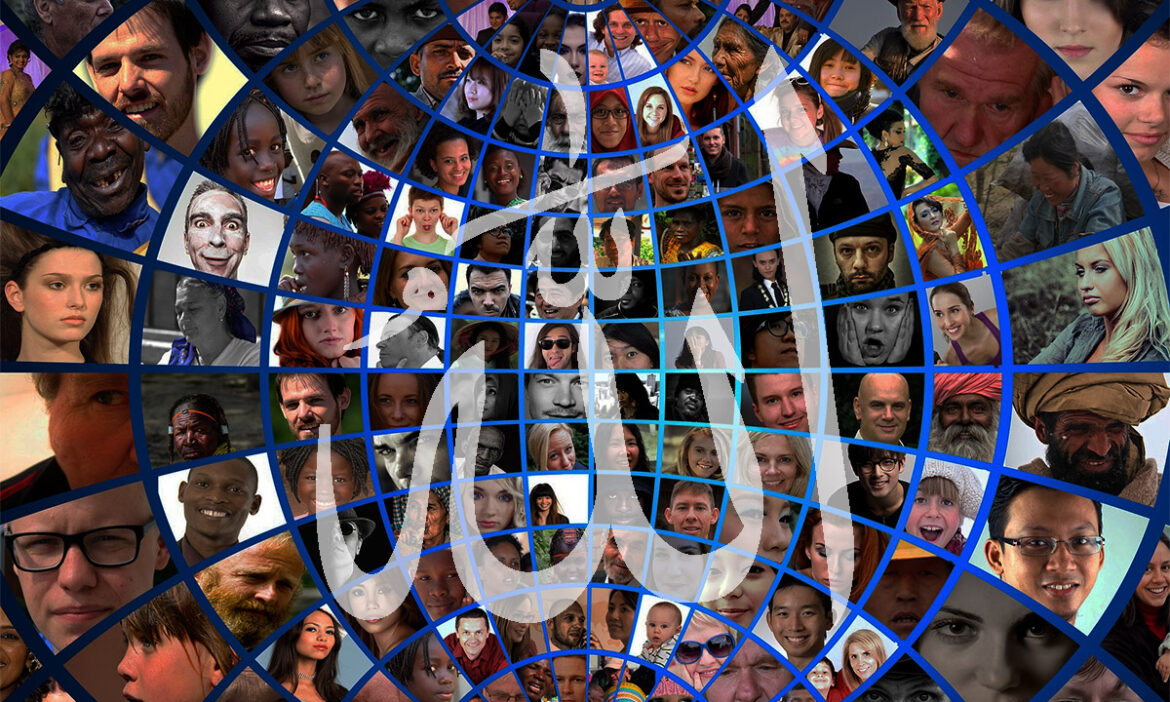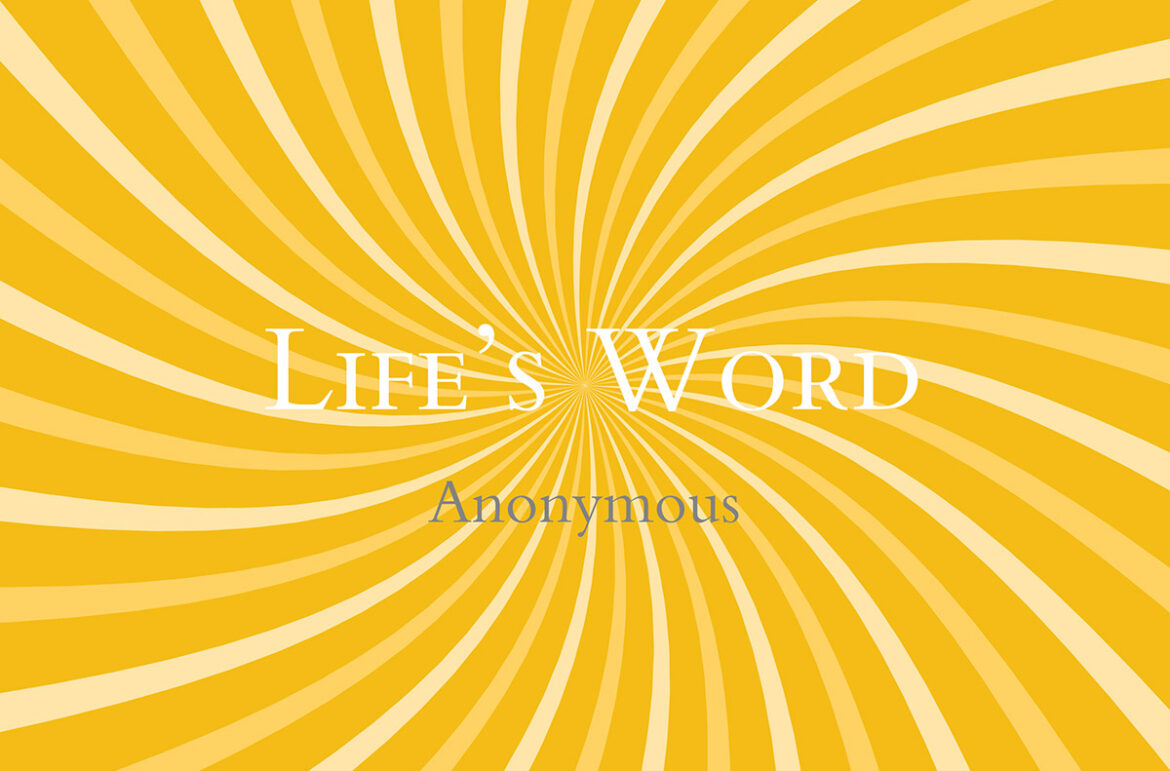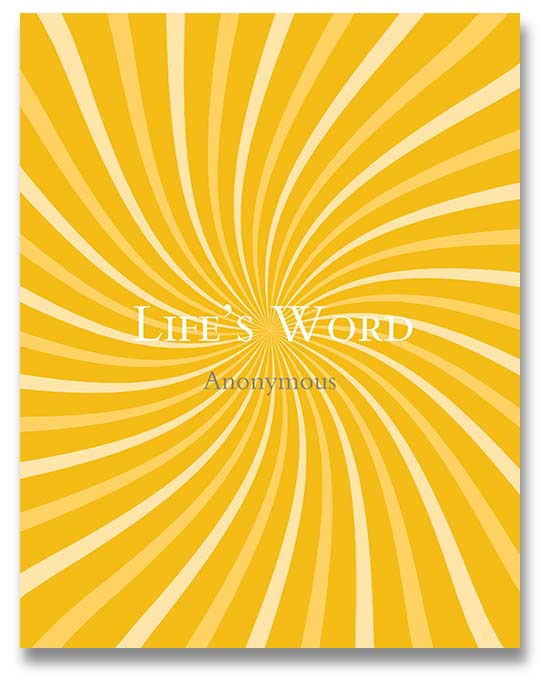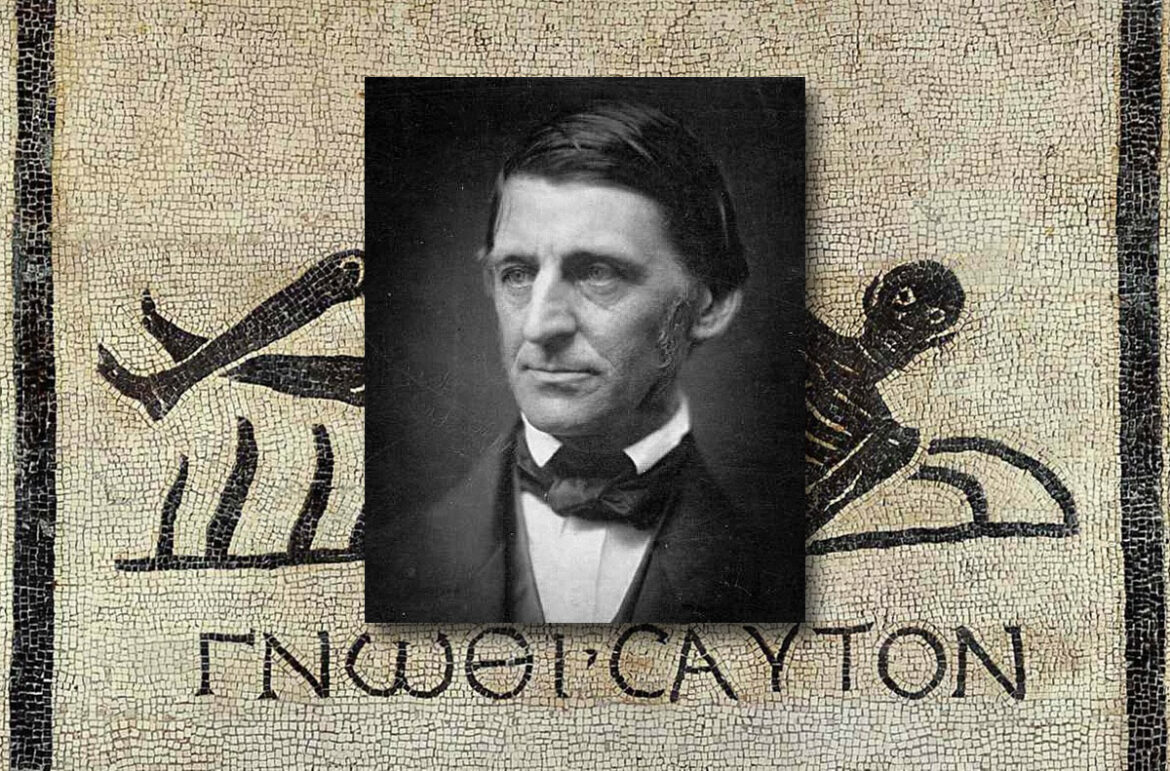
Celebrations to Friend in The Way, Tian Wilson on the publishing of her new book!
In this gem of a tale, Tian shares her personal story about a scrappy black cat with a mysterious knack for connecting people and lessons in the magic of “hózhó” (living in beauty)…valuable lessons for perhaps all of us.
The book is available from Amazon.com in paperback and Kindle format: https://www.amazon.com/Gifts-Feral-Cat-Story-Miracles/dp/B0BMSVSNCB
A True Story…
The old adage, “When a student is ready, the teacher appears,” doesn’t say teachers are limited to the two-legged.
In 1989 a single woman and her two cats moved to a small town in New Mexico. She was seeking peace, answers, and perhaps redemption. And a new understanding of Life. On Thanksgiving morning, what would turn out to be a mentor, healer, and friend arrived at her home in the most unlikely of forms: an ugly, beat-up feral cat.
Thus begins an intimate and uplifting story about the power of Love. Over the span of a year, she and her friends experience profound life lessons in tandem with personal transformation. As they discover the richness of wisdom in friendship and community, the strange cat leads them on a journey of discovery…and miracles.
Tian met Dr. Bob in 1976 and has been passing along blessings ever since. Today she plays the roles of business and life coach, author, and loving shepherd of cats.

